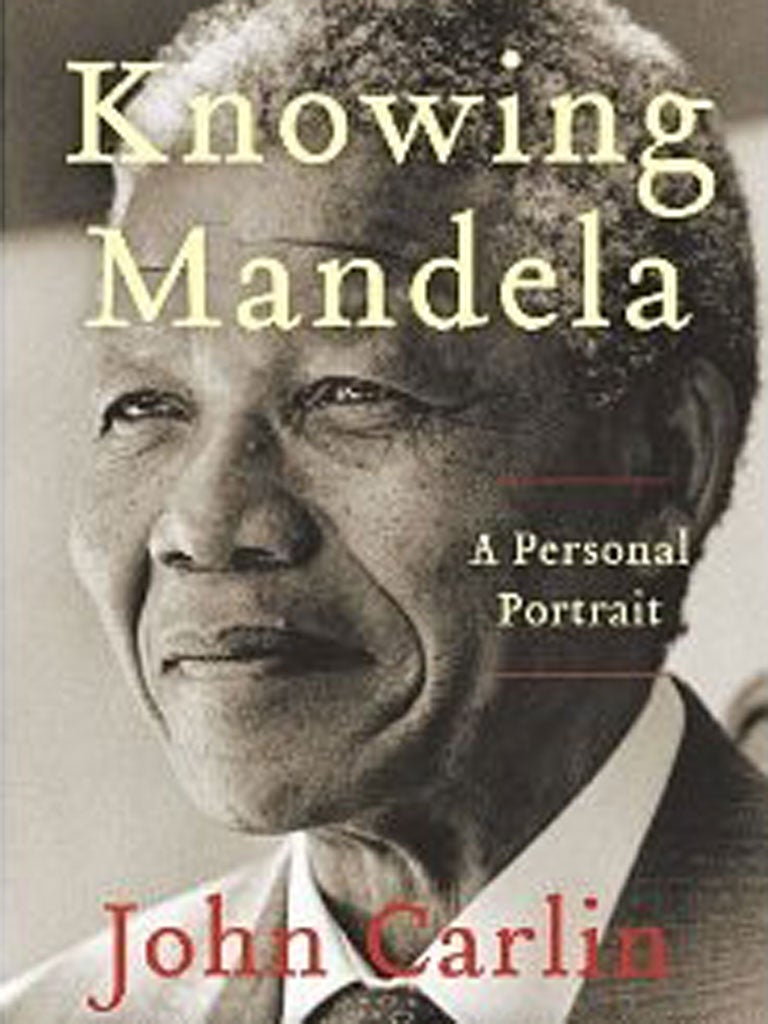Knowing Mandela by John Carlin - book review
Eloquent tribute to the man who would be king

Nelson Mandela has been laid to rest, with the world paying him homage. Since his death last week at the age of 95, millions of words have been devoted to every facet of his extraordinary life and career. Can there be anything left to say about him?
Yes, if the words are written by John Carlin, South Africa correspondent for this newspaper from 1989 to 1995. He was one of the few foreign journalists who followed Mandela from his release after 27 years in prison to his assumption of the presidency four years later, the period covered in this slim book, and none got closer to the great man. When Carlin was about to leave South Africa, the president invited him to lunch.
In recent days some have sought to canonise Mandela as some kind of male Mother Teresa, but Carlin says that he was “neither a superman nor a saint”, before adding that “this only serves … to magnify his achievement”. Rather, he suggests, Mandela was a king, whose “Roman virtues of gravitas, honestas, dignitas”, in the words of a bedazzled white politician, bound a fractured nation together. (Perhaps that is why he forged such a close relationship with our own monarch, whom he called “Elizabeth” without any regard to protocol.)
On his journey from initial caution about Mandela to open admiration, the writer reminds us of the uncertainty that surrounded the prisoner’s release in February 1990, when it was feared that he might be too old and out of touch to fulfil the hopes vested in him.
We now know that Mandela took centre stage naturally and immediately, but Carlin makes it clear that the transition to majority rule was neither easy nor inevitable. The future president had to calm a black community provoked by extremists trying to foment a race war, and well-armed Afrikaner right-wingers who feared he was out for revenge. He did both with a combination of “rock-hard integrity”, charisma, respect and empathy: in the author’s memorable phrase, Mandela “killed apartheid with kindness”.
The “happiest moment of Mandela’s political life”, Carlin says, was the triumph of the 1995 Rugby World Cup, when blacks and whites united around the Springbok team, once a hated symbol of apartheid. This, apart from a brief coda, is where the book leaves him. Mandela was already on his way to becoming the international icon that we have just lost, but this eloquent, affectionate tribute stresses his humanity, and in so doing makes him seem all the greater: a king indeed.
Join our commenting forum
Join thought-provoking conversations, follow other Independent readers and see their replies
0Comments